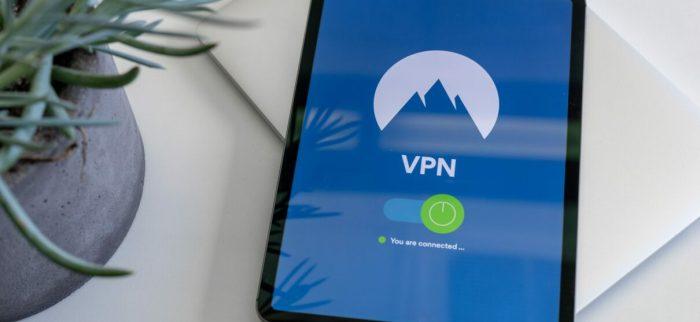Traveling to new places is exciting, but it also exposes me to various cybersecurity threats. I learned early on that my online identity needs extra protection when I venture outside my home country. Here’s how I safeguard my digital presence while exploring new horizons.

Understanding the Risks
Traveling abroad often means using unfamiliar networks, interacting with unknown technology, and potentially exposing personal information to various risks. Public Wi-Fi networks, in particular, are a goldmine for cybercriminals. Unsecured connections can allow hackers to intercept data, steal credentials, or worse. Even a seemingly harmless login can become a gateway for intruders if not protected.
Pre-Travel Preparations
Before embarking on my adventure, I take specific steps to secure my devices and information.
Update Software
I ensure that all my devices—laptop, tablet, and smartphone—are running the latest software. Software updates often contain important security patches that protect against vulnerabilities. Outdated software can become an easy target for cybercriminals.
Use a Password Manager
Managing passwords can be daunting, especially when I have accounts for numerous services. I use a trusted password manager to generate and store passwords. This tool not only helps me create strong passwords but also makes it easy to access them safely without needing to remember each one.
Two-Factor Authentication
Enabling two-factor authentication (2FA) significantly bolsters my online security. Whenever I log in to account services, I receive a verification code on my phone. This additional level of protection ensures that even if someone manages to steal my password, they would still need that second step to access my accounts.
In-Transit Safety Measures
While traveling, I remain vigilant about my online identity. Here are some of the techniques I incorporate into my routine:
Avoid Public Wi-Fi
Public Wi-Fi is convenient but comes with considerable risks. I usually avoid connecting to public networks, especially for sensitive activities like banking or accessing personal accounts. If I must use public Wi-Fi, I opt for a virtual private network (VPN). A VPN encrypts my internet connection, allowing me to browse securely and privately.
Monitor My Devices
I regularly check my devices for any suspicious activity. This includes monitoring for unauthorized login attempts or strange behavior in my apps. If I notice anything unusual, I take immediate action, which may include changing passwords and logging out of sensitive accounts.
Use Encrypted Communication
When I communicate online, I prefer using applications that offer end-to-end encryption. This prevents anyone from intercepting my messages or calls. I also pay particular attention to the privacy settings in these applications to ensure I’m maximizing my security.
✅ Current deal: 🔥 Get NordVPN with up to 75% OFF! 🔥
Post-Travel Precautions
Once I return home, my identity protection doesn’t stop. Rather, I take a few additional steps to ensure my online presence remain secure:
Change Passwords
I make it a habit to change passwords for critical accounts after returning from my travels, especially if I connected to any public networks. This adds an extra layer of security, as it minimizes any damage that could occur if my credentials were compromised during my trip.
Keep an Eye on My Accounts
For weeks following my travels, I keep a watchful eye on my financial accounts and online services. Any unusual transactions or activities prompt me to investigate further. If I detect something fishy, I notify my bank and take further protective measures.
Tips for Protecting Your Online Identity
Here are some of the techniques I employ, which you might find helpful as well:
- Use a VPN: Opt for a reliable VPN service whenever using public Wi-Fi.
- Keep Software Updated: Ensure that all operating systems and applications are updated before your trip.
- Enable 2FA: Activate two-factor authentication on all critical accounts for added security.
- Limit Sharing: Be mindful of what personal information you share online while traveling.
- Secure Your Devices: Use strong passwords and biometric locks on all devices.
- Be Wary of Phishing Attempts: Stay alert for suspicious emails and messages that could compromise your information.
✅ Current deal: 🔥 Get NordVPN with up to 75% OFF! 🔥
Conclusion
Traveling abroad should be a rewarding experience, but not at the cost of one’s online security. By implementing the strategies outlined above, I protect my online identity, allowing me to focus on creating unforgettable memories. Awareness and preparation are essential elements of any travel plan, and ensuring online safety is vital to enjoying a stress-free journey.
Affiliate Disclosure: By clicking on our links, we may earn commissions at no additional cost to you.